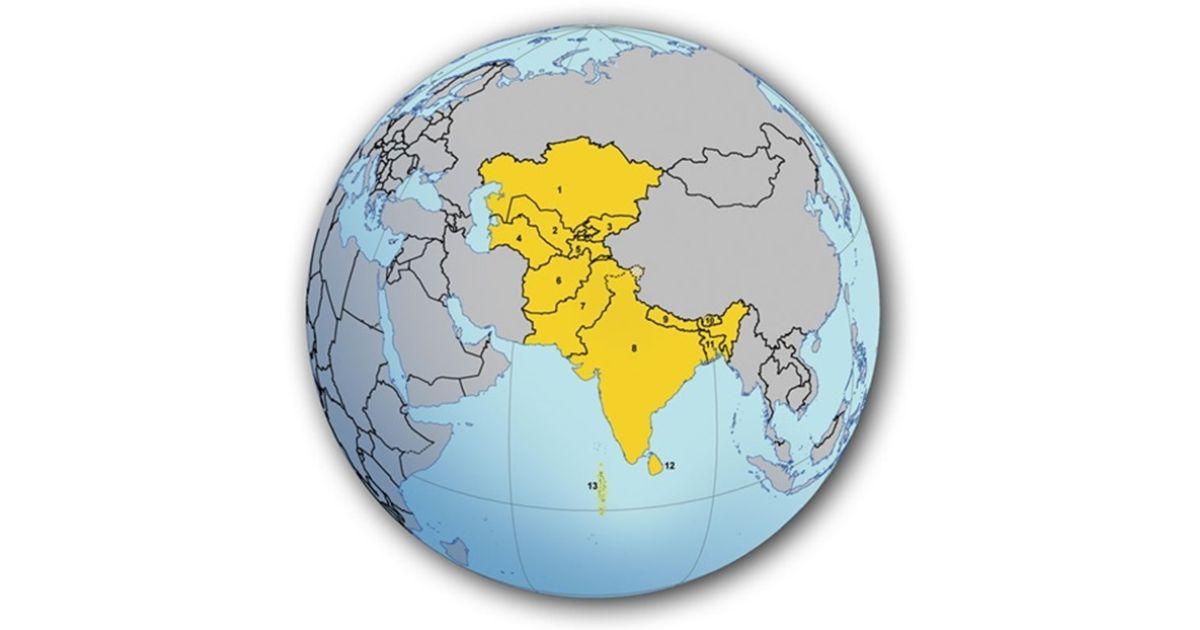
The ongoing economic crisis caused by the novel coronavirus pandemic has impacted every other aspect of people's lives across the world. Therefore, collective efforts by the governments, businesses and individuals must integrate to halt the devastating effects and resume economic as well as social activities. But because the impact of the pandemic varies across sectors and regions, it is important to tailor the response to the needs present in each sector or region. The following are the most affected sectors by the pandemic, based on the Monitor report by the International Labour Organisation.
- Wholesale and retail trade
The spread of coronavirus around the world caused unprecedented changes in consumer behavior, product demand, and retail store, factory, and logistics services availability. Experts predict that growth estimates for global retail in 2020 will be halved from pre-crisis forecasts. The impacts will last for quite some time after the lockdown measures are eased, especially on products and services that are not classified as essential, because people will not be willing to expand their expenditure due to high risk and uncertainty in the market.
- Manufacturing
This sector is directly and significantly related to the previous one. When demand is low, increasing production won’t be as effective as expected. The emergence of COVID-19 is accelerating the change of global value delivery models, with unprecedented consequences for manufactures and supply chains. Mitigating the impact of this crisis on manufacturers and requires both new approaches and new forms of collaboration to increase overall resilience. While shutting down factories have tragic economic effects, it is believed to have improved the quality of the environment, as fewer emissions are being released.
- Hospitality and accommodation
The hospitality and food industries have never experienced and sudden downturn like the one caused by the novel coronavirus. Many hotels find themselves empty and looking to fill the once full lobbies and rooms. While some hotels were forced to shut down, others managed to get some business through providing their premises to house medical staff, first responders, or hospital patients not suffering from coronavirus. The crisis is twofold, as it affects hotel owners and also the workers who have not been employed.
- Real estate, business and administrative activities
Real estate companies are being impacted in different ways, largely dependent on region and asset class. Executives are concerned with preserving value and liquidity, keeping tenants and visitors safe, including increased cleaning measures, and complying with governmental agency requirements. All this happens in line with tenants’ inability to comply with their commitments due to lack of liquidity. In general, as businesses are shut down in most countries, the movement of transactions is significantly slower than usual.
- Transport, storage and communication
All means of transportation have been impacted by COVID-19 including air, sea and land transports. As borders between countries are shut down and people are locked-down in their homes, the cost for this sector is significantly high! Similarly, given the reduced demand for many goods, storing existing and productions becomes very costly and the best example could be the unprecedented negative oil prices in the US in April as storage costs increased. Everything moves when people are moving.
There are sectors at relatively lower risks than those mentioned above including construction, financial and insurance services, arts and entertainment in addition to mining and quarrying. Other sectors are classified by the ILO’s Monitor as having lower risks including agriculture, forestry and fishing, social work activities, education, utilities as well as public administration and defence activities. Despite the huge losses each of these sectors have been experiencing since the beginning of 2020, governments have no choice but to comply with the advice from healthcare specialists to contain the pandemic to avoid even more losses if it continued to spread.
- Business News 100
- Country News 16
- Feature News 30
- International News 151
- Interview News 35
- National News 18































